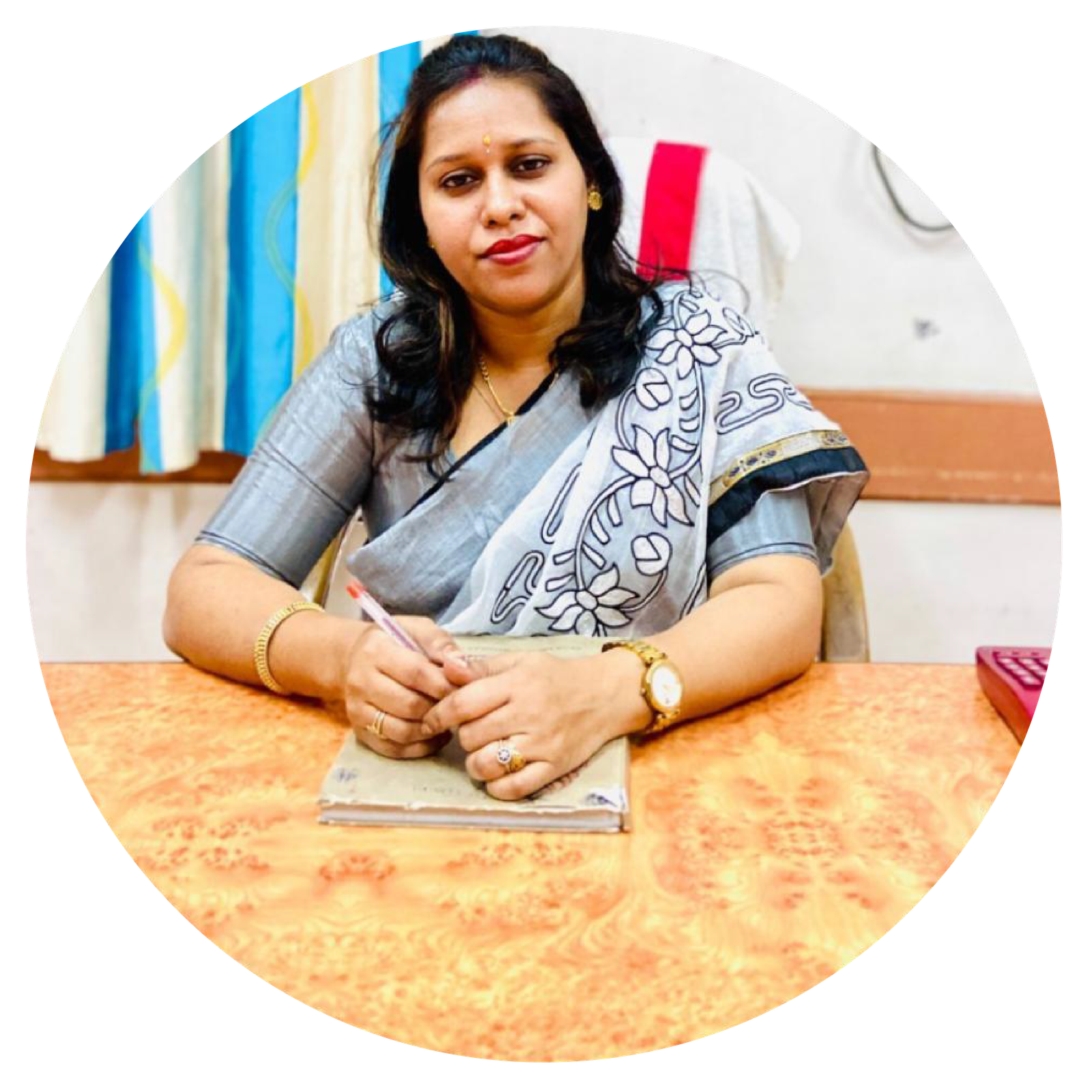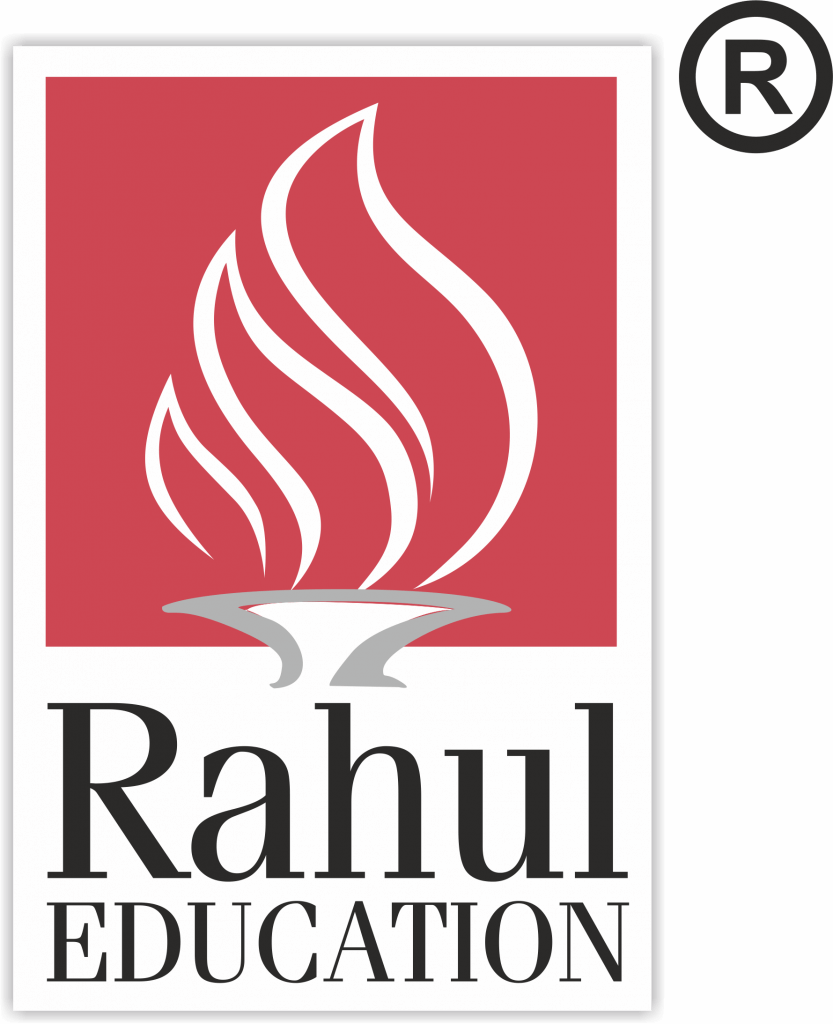How to choose the right one
Since the modern world is more globalized than ever before, it has become increasingly important to prepare students with “global skills.” Hence, educational choices these days are not limited to choosing a school or stream, but also selecting from the various education boards in India.
There are five main education boards in India: CBSE, ICSE, IB, NIOS and AISSCE. Each has different curricula and methods of learning, assessment criteria, and boards for conducting tests. This article gives an overview of these five boards and provides tips on how to choose the right board for you.
The CBSE is the board responsible for the teaching of the Indian National Curriculum. Its headquarters are in New Delhi, India. It was established in 1962. The ICSE is the board responsible for the teaching of the Indian Certificate of Secondary Education. It was established in 1958. The IB is responsible for the teaching of the International Baccalaurate. Its headquarters are in Geneva, Switzerland. It was established in 1968. The SSC is responsible for the teaching of the Secondary School Certificate. Its headquarters are in Mumbai, India. It was established in 1966. The CIE is responsible for the teaching of
| Board | Established | Headquarters | Official Website |
| CBSE Central Board of Secondary Education | 1962 | New Delhi, India | Cbse.nic.in |
| ICSE The Indian Certificate of Secondary Education | 1958 | New Delhi, India | Cise.org |
| IB International Baccalaurate | 1968 | Geneva , Switzerland | ibo.org |
| SSC Secondary School certificate | 1966 | – | mahahsscboard.in |
| CIE Cambridge International Education or IGCSE International General Certificate of Secondary Education | 1988 | Cambridge, UK | Cambridgeinternational.org |
CBSE: The most common education boards in India is the Central Board of Secondary Education (CBSE). It is managed and controlled by the Union Government of India. The board offers various subjects after class 10th in Science, Commerce, Arts/Humanities stream and forms the base for all national entrance examinations, especially Medicine and Engineering domains conducted within the country.
Some of the schools affiliated with CBSE (pan- India)
- Delhi Public Schools, Multiple Locations
- Rahul International School – Mumbai
- Sardar Patel Vidyalaya – New Delhi
- National Public School – Bangalore
- The Heritage School – Gurugram
- HAL Public School – Bengaluru
- Birla High School – Kolkata
- R.N Podar School – Mumbai
ICSE: The Indian Certificate of Secondary Education is a national examination board by the University of Cambridge, in India. It is the most challenging of all the boards. Over 2300 schools are affiliated with ICSE within India and abroad. The certificates given by the board are recognized by colleges and universities in India and internationally. ICSE focuses on math and science but also gives equal importance to the humanities. This course has been designed to provide practical knowledge and build analytical skills.
Some of the schools affiliated with ICSE (pan- India)
- The Doon School – Dehradun
- Calcutta Boys School – Kolkata
- Bombay Scottish School – Mumbai
IB: The International Baccalaureate is a program that offers a curriculum made up of 4 different types of learning. The curriculum is planned upon many theories including language and knowledge acquisition, language and literature, individuals and societies, creativity and service, arts and mathematics.
Primary Years Programme ( 3-12 years) Through a student-centred approach to education, young students are nurtured and developed as caring, active participants in a lifetime of learning.
Middle Year Programme (11-16 years) Students are encouraged to make connections between their studies and the real world by using a challenging framework.
Diploma Programme (16-19 years) The program strives to develop students into well rounded, knowledgeable, emotionally mature, and moral individuals with excellent breadth and depth of knowledge.
Career-related Programme (16-19 years) The program is designed to meet the needs of students who are pursuing career-related education. Further/higher education can lead to an apprenticeship or employment.
Some of the schools affiliated with IB (pan- India)
- American School of Bombay – Mumbai
- Pathways World School – Gurgaon & Noida
- Oakridge International School – Hyderabad
- Mahindra United World College(UWC) – Pune
- Canadian International School – Bengaluru
- Cambridge International Education (CIE) OR International General Certificate of Secondary Education ((IGCSE)
- Cambridge International Education conducts the IGCSE and AS & A Level exams and is a part of the University of Cambridge. IGCSE is considered to be the largest provider of educational programs across the world.
Students with CIE credentials are accepted at universities in the United Kingdom (including Oxford and Cambridge), across the United States (including all Ivy League schools), in Canada, in the European Union, in the Middle East and West Asia, as well as in India, Pakistan, Bangladesh and Sri Lanka. The Cambridge curriculum begins from Primary, Lower Secondary and Upper Secondary to Advanced which is called the Cambridge Pathway. This pathway gives students a clear path for educational progress from age 5 to 19.
State Boards
Every state in India has a state education department that conducts board exams for classes 10 and 12 and every state has its board and follows its syllabus and grading system. Students preparing for state-level engineering and medical entrance tests can take advantage of this course as it focuses on topics of regional relevance and content relevant to their local area. The syllabus is usually limited in comparison to other boards.
Some popular State Boards
- Maharashtra State Board of Education
- Haryana Board of Education
- Andhra Pradesh Board of Secondary Examination
- Himachal Pradesh Board of School Education
- Punjab School Education Board
- U.P. Board of High School & Intermediate Education

Mrs Renu Gupta
School Principal at Rahul Education, Divine Providence High School
FAQS
International schools provide students an opportunity to select courses according to their interest in the subjects of science, humanities, languages, mathematics. The courses also provide them an opportunity to mix these subjects with components of fine arts, visual arts, theatre, technical drawing, music, film making, community service, etc. A small class size fosters interactive teaching. Emphasis is laid on developing critical thinking, analytical skills, communication skills, investigative abilities, problem solving techniques, team work, independent research and other qualities valued by all international universities.
It is important to evaluate a school based on the learning opportunities, the overall facilities and quality of the faculty that it provides, all of which contribute to holistic development of the student.
ICSE , CBSE , State Boards , IGCSE
CBSE: The Central Board of Secondary Education (CBSE) is a national level board of education in India for public and private schools, controlled and managed by the government of India. The Central Board of Secondary Education is the Indian brand ambassador for the education system.
ICSE: The Indian Certificate of Secondary Education was established by the Local Examinations Syndicate of the University of Cambridge. ICSE certification is recognized all over the world.
State Boards: Every state in India has a state education department that conducts board exams for classes 10 and 12 and every state has its board and follows its syllabus and grading system
IGCSE: stands for International General Certificate for Secondary Education. It is an international, English language qualification for 14 to 16 year olds. It is recognized by leading universities and employers worldwide. It was developed by University of Cambridge International Examinations


